Deploying the LogDNA Agent With Helm
Logging your Kubernetes clusters to Mezmo is already a breeze, and now the Mezmo Kubernetes Agent Helm chart makes it even easier.
Helm is the official package manager for Kubernetes. With Helm, deploying and managing Kubernetes applications is as simple as typing a single command. This makes deploying the Mezmo Agent across your cluster absolutely effortless. Best of all, you get the full benefits of the Mezmo Agent including host logging, additional Kubernetes metadata, and automatic updates.
This article will walk you through the process of deploying the Mezmo chart. Before getting started, make sure you have Helm installed and that your Kubernetes cluster is running version 1.13 or later.
Installing the Mezmo Kubernetes Agent Chart
To install the chart, simply run the following commands on your workstation. Replace LOGDNA_INGESTION_KEY with your actual Mezmo log ingestion key, which you can find in the Add a Log Source page in the Mezmo web app. You can specify a release name by changing the RELEASE_NAME parameter, or remove it to let Helm generate a custom one.
$ helm repo add logdna https://assets.logdna.com/charts
$ helm install --set logdna.key=$LOGDNA_INGESTION_KEY my-release logdna/agent
Running this command creates a DaemonSet based on the Mezmo Kubernetes DaemonSet, which deploys the Mezmo Agent to each node in your cluster. The Mezmo Agent automatically monitors log files on the host, updates itself, and adds relevant Kubernetes metadata to each log.
You can also streamline your Helm deployment by adding log tags and setting up data routing through your telemetry pipeline. Add custom tags using --set logdna.tags=$TAG, and configure memory limits, image tags, and other advanced settings as needed.
Lastly, if you need to uninstall the Mezmo Agent, you can do so by running:
cpp
CopyEdit
$ helm delete RELEASE_NAME
To learn more, check out the chart in the documentation.
When you’re ready to get started, log into your Mezmo account, copy your ingestion key, and start logging your Kubernetes cluster in a matter of seconds. If you have any questions, please contact us.


.png)


.jpg)

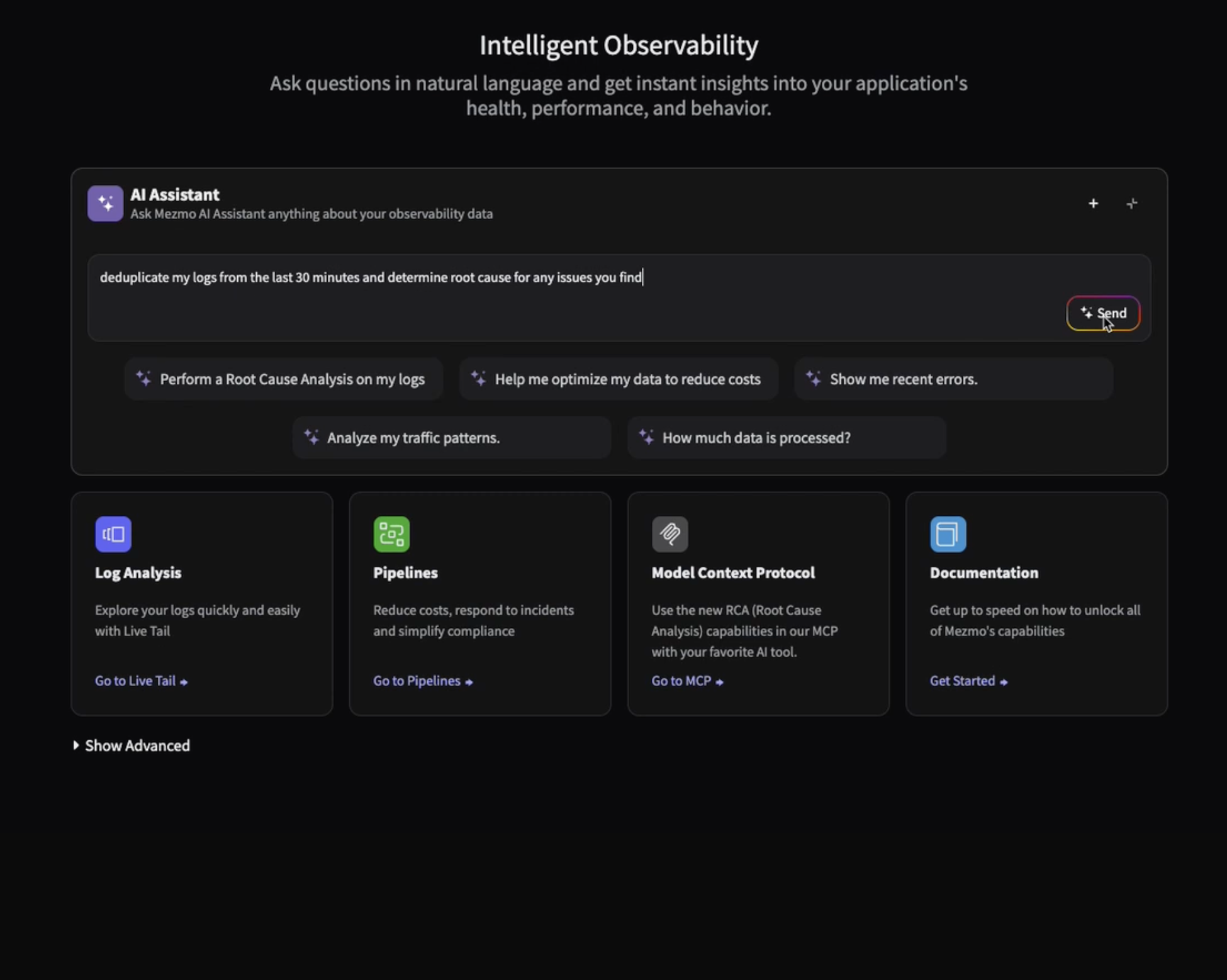
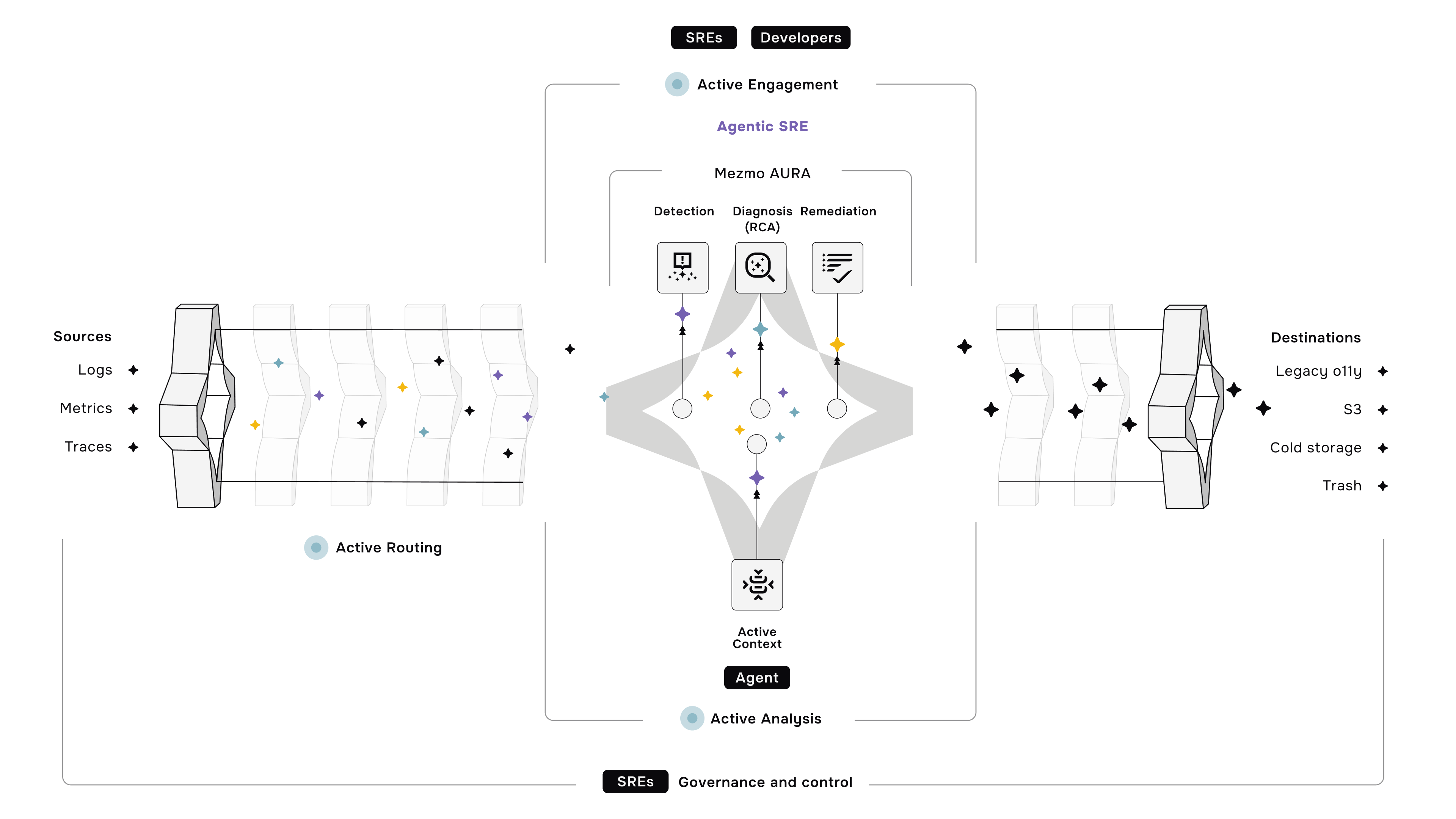

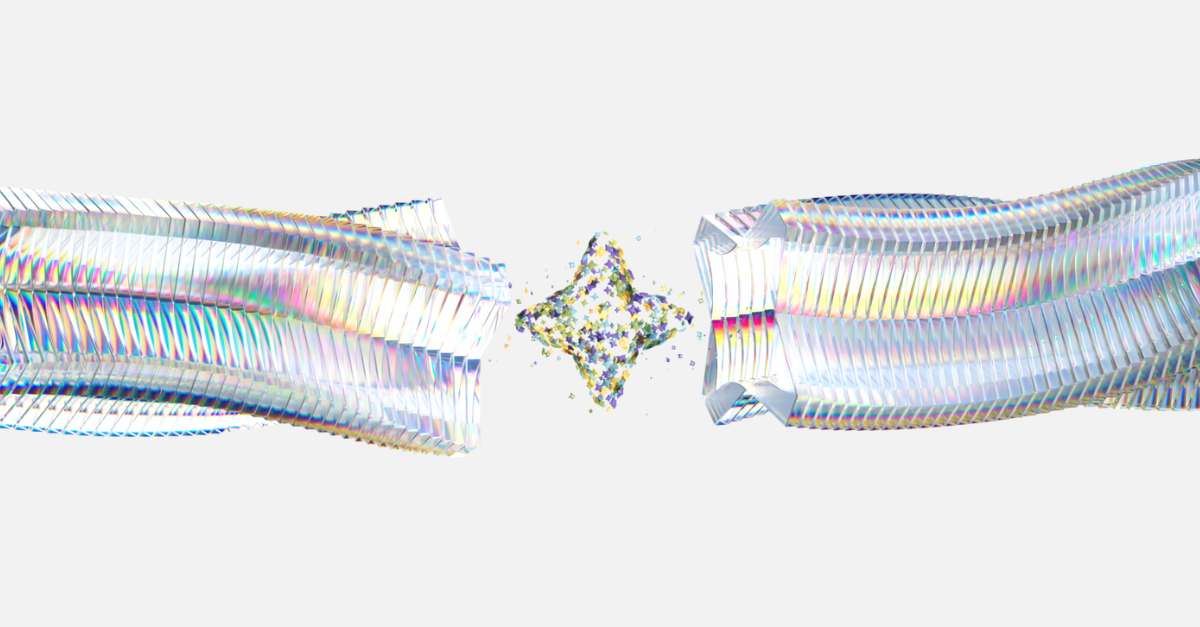




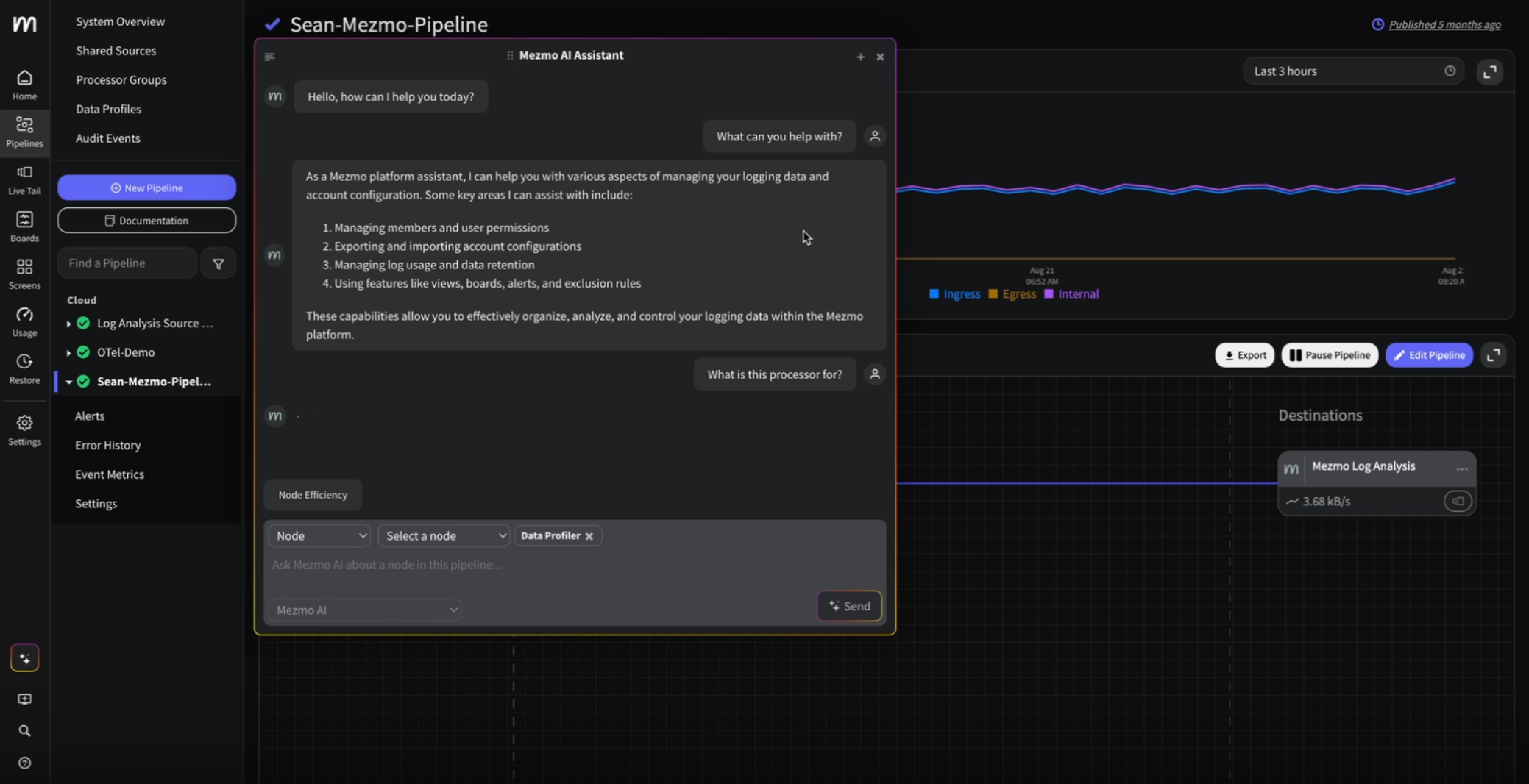


.png)




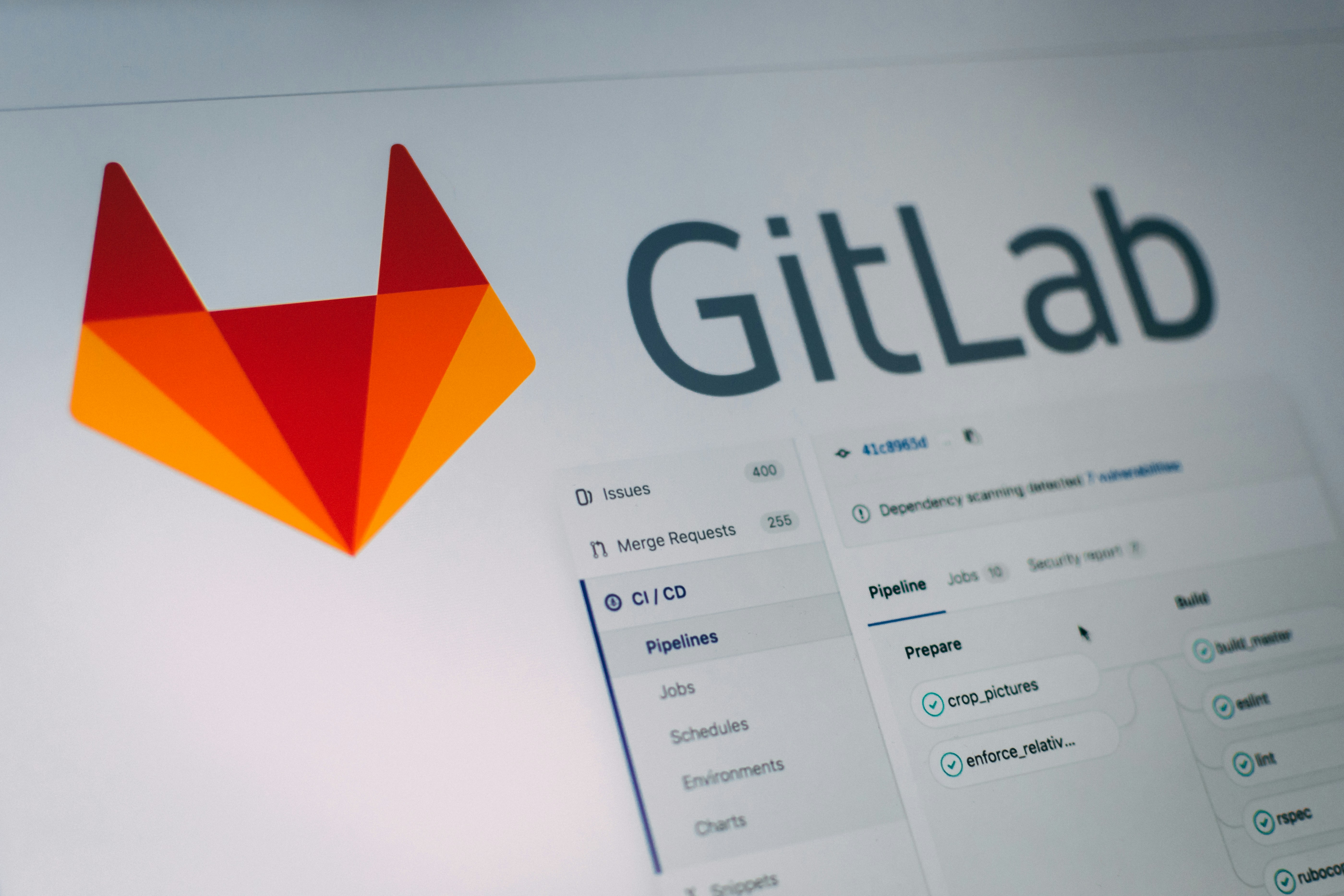
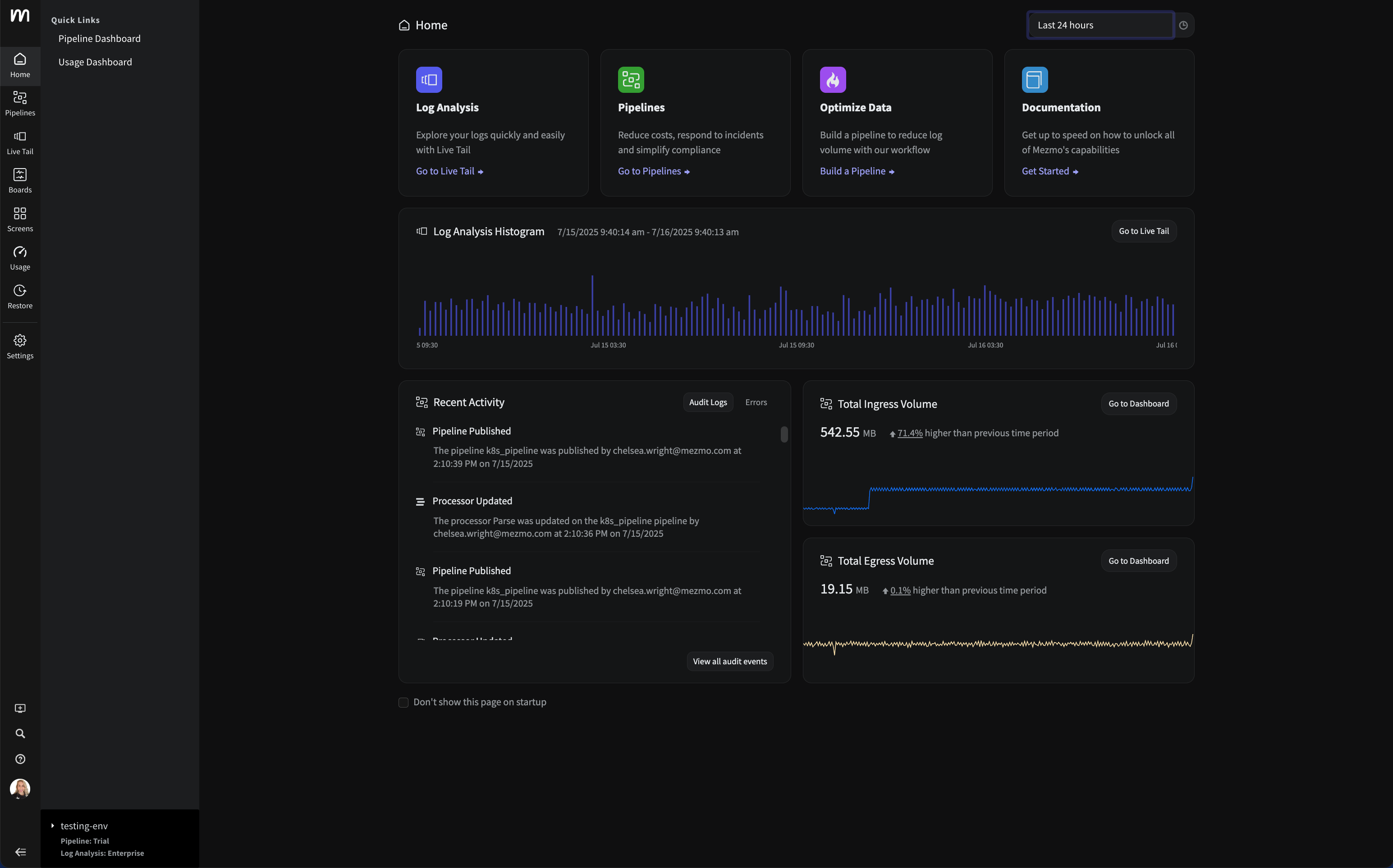


















.png)





























































